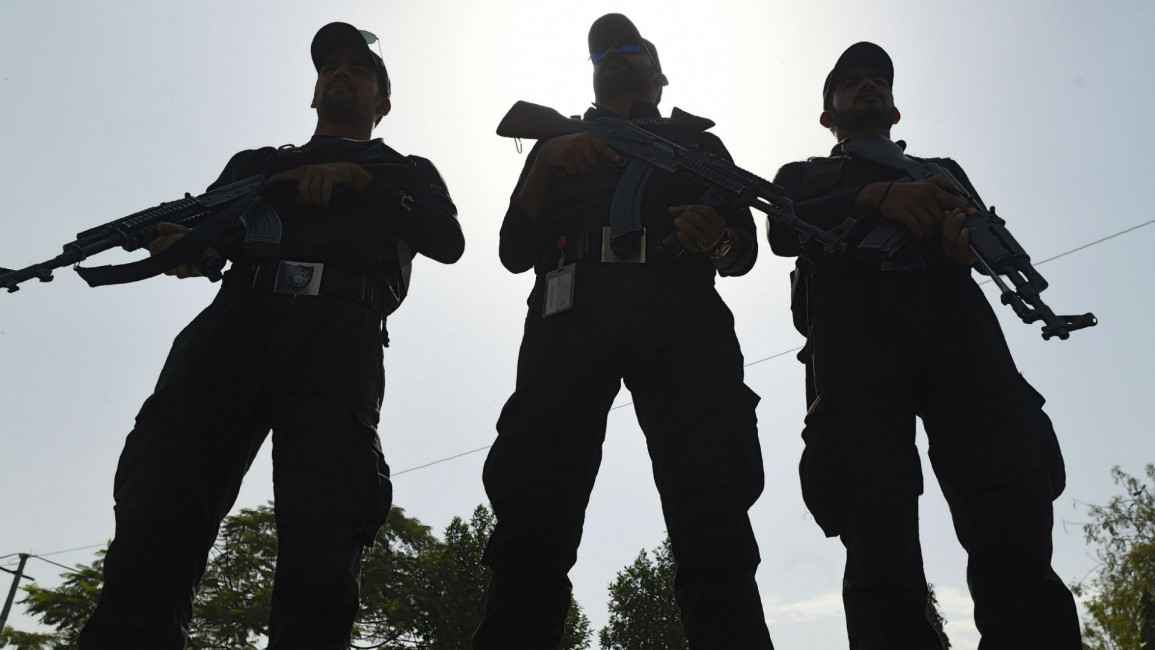Transgender Pakistanis to be allowed into regional police force
The police department of Pakistan’s Sindh province will begin recruiting transgender people as regular duty police officers, the police chief announced on Wednesday, making the case for incorporating the marginalised community into the mainstream workforce.
Transgender Pakistanis have suffered violence and persecution at the hands of the government and in daily life, and have until now been limited to working menial jobs, mostly in the casual sector.
Despite having gained equal rights to other citizens in a 2009 Supreme Court ruling, Pakistan’s transgender community still suffers discrimination. However activists have welcomed the police announcement, calling it a significant step for the community.
“We will make them part of Sindh police,” Syed Kaleem Imam, Inspector General of the Sindh police told Reuters in Karachi, the capital of Sindh province.
“They are good God-gifted people. Citizens like us. We should stand by them,” he added.
According to rights group Charity Trans Action Pakistan, there are estimated to be at least 500,000 transgender people living in the country.
Read more: Pakistan issues first transgender passport to activist for the country's marginalised 'third-gender' community
Suffering years of widespread discrimination, many live in secluded communities and are forced into dancing, sex work, or begging to earn enough to live.
However, big steps have been taken towards trans equality. In 2009, the Supreme Court decreed transgender people could register as being a “third gender” on their identity cards. The first transgender passport was subsequently issued to Farzana Riaz in 2017.
In 2018, the government voted in a landmark bill allowing Pakistanis to self-identify as male, female or both sexes, a measure that many European countries have faltered over.
The Transgender Persons (Protection of Rights) Act also ensures basic rights for transgender Pakistanis and outlaws discrimination at the hands of employers and private business owners.
Despite backlash from some activists that the police has hardly been a trans-friendly institution, rarely taking reports of transphobic discrimination seriously, some are hoping to change the force from the inside out.
Imam told Reuters the transgender recruits will have the same opportunities and duties as regular officers, although it may be months before the first transgender recruits are hired.
“We will give them space, facilitate them so that they can come into the mainstream,” he said.
Follow us on Twitter: @The_NewArab





 Follow the Middle East's top stories in English at The New Arab on Google News
Follow the Middle East's top stories in English at The New Arab on Google News


